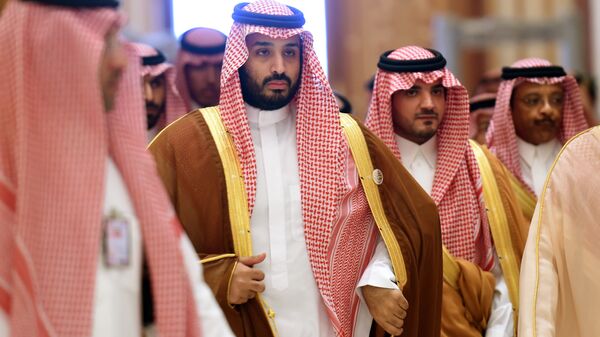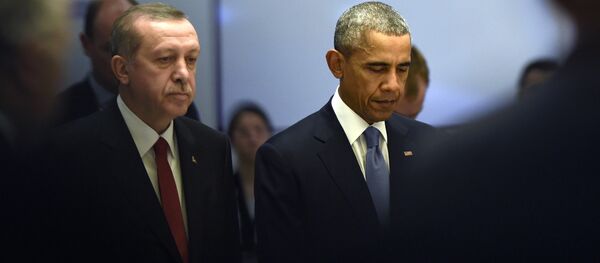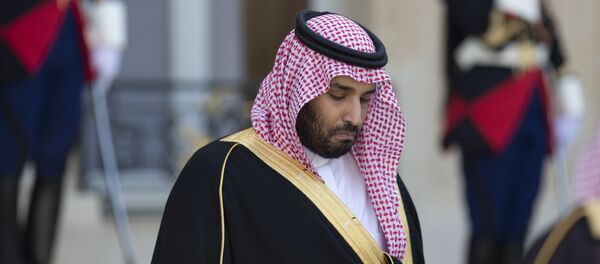Not everything is rosy in the garden of the Al Saud family: the ongoing recession is shaking the pillars of the kingdom's economic stability, while members of the powerful Saudi clan are involved in a covert struggle for power, according to Karen Elliott House, a senior fellow at the Harvard Kennedy School of Government's Belfer Center for Science and International Affairs.
"After more than two decades of domestic drift under geriatric rulers and overdependence on US protection in a dangerous region, the Kingdom of Saudi Arabia is starting to stand up to shape its own future… By far the greatest change in Saudi Arabia is within the ruling family, and in this absolute monarchy, that dictates everything else. The Al Saud family, rulers of Arabia for most of the past three centuries, finally has passed power to a new generation of princes," House narrates in her report for the Belfer Center for Science and International Affairs, published by The National Interest.
Mohammad bin Salman, 30, is the kingdom's present minister of defense, economic "czar" and the man in charge of Saudi Aramco, the state-owned oil giant.
The young deputy crown prince is very popular with the Saudi youths that amount to 70 percent of the Kingdom's population. He is smart, assertive and ready to take risks.
What is more important, Mohammad bin Salman has a plan to reduce the country's heavy dependence on oil, which is particularly important in light of the current slump in crude prices.
In his recent interview with Bloomberg, Prince Mohammad shed some light on his plan, which includes selling shares of Saudi Aramco and channeling the money into a public investment fund.
"IPOing Aramco and transferring its shares to a PIF will technically make investments the source of Saudi government revenue, not oil… What is left now is to diversify investments. So within 20 years, we will be an economy or state that doesn't depend mainly on oil," Prince Mohammad told the media outlet.
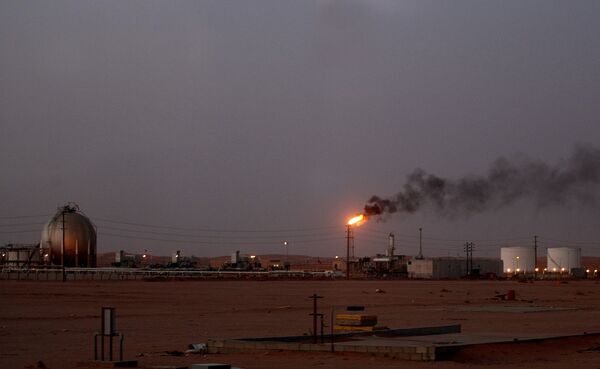
"Mohammad bin Salman meets visitors in a long thobe, the Saudi national dress that resembles a floor length long-sleeved dress shirt. He often is bareheaded and also shuns the royal 'bisht,' the gold-trimmed flowing floor-length brown cape royals don around their shoulders for formal meetings," the American academic notes.
However, not all Saudis are happy about Prince Mohammed's "shaking up the sclerotic Saudi system."
Generally, older Saudis are endorsing the prince's initiatives, but remain skeptical about Riyadh's ability to sustain two concurrent wars and to carry out ambitious economic reforms, House remarks.
Moreover, the prince's assertive and even aggressive foreign policy toward Yemen and Syria is triggering concerns among the Saudi royals.
In his February interview with Atlantico, French political and military analyst Alain Rodier stressed that some Saudi officials fear that Prince Mohammad's reckless actions in the Middle East might drag the country into chaos.
"Mohammad bin Salman's bullying is beginning to irritate many other members of Saudi royal family," Rodier underscored.
And here enters King Salman's nephew Crown Prince Mohammad bin Nayef, 56, who is seemingly more experienced, more cautious, and more reliable than the impulsive young deputy crown prince.
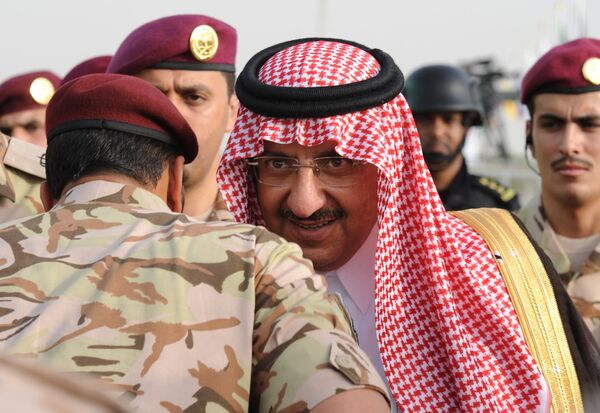
"He is seen as a quiet doer, not a talker," House stresses.
So, who will be the heir to the throne?
And here is the rub: no matter how much King Salman loves his son Mohammad, the deputy crown prince will not be able to assume the throne if the 83-year-old king doesn't name his son crown prince before his death.
Remarkably, the king still hesitates to name Mohammad bin Salman his successor, and here is the intrigue.
As of yet, according to the Gulf kingdom's rules, Mohammad bin Nayef is first in line to the throne of Saudi Arabia. Many Saudis believe, House remarks, that after assuming the throne he "would waste little time" before removing Mohammad bin Salman from power.
